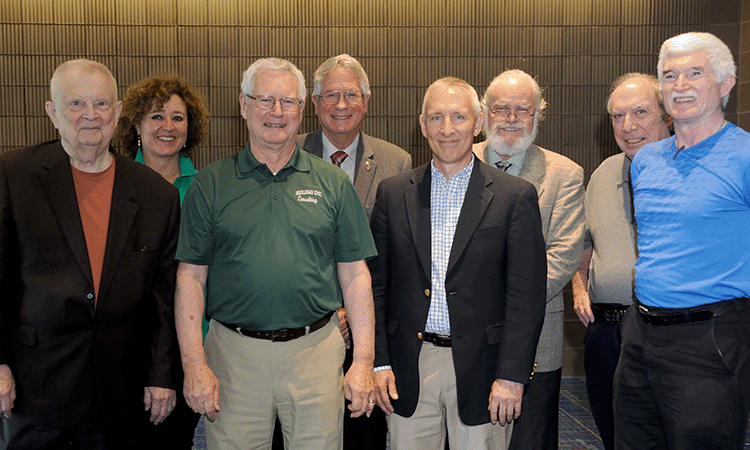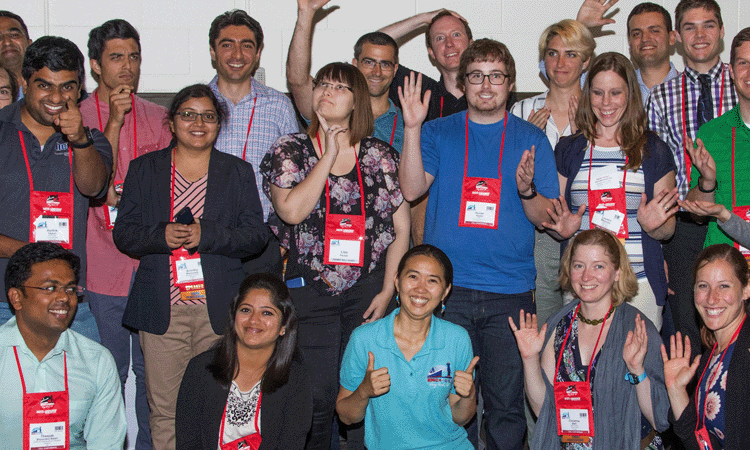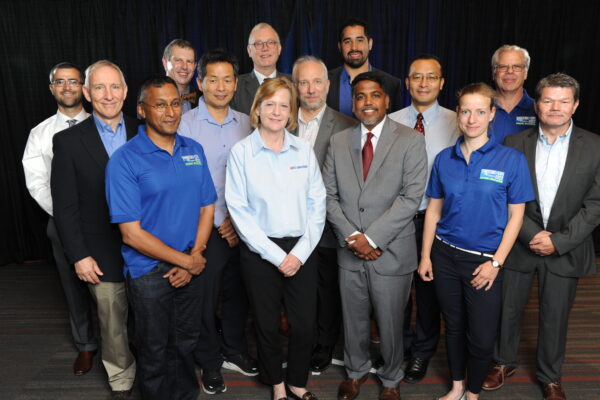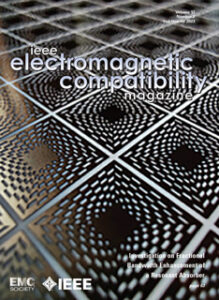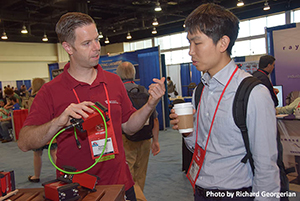
Distinguished Lecturer
Prof. Yarú Méndez
Distinguished Lecturer

Prof. Yarú Méndez
Term 2023-2024
Talk 1: An Experimental Validation of the Bergeron Transmission Line Model Applied to Rotor Blades During Lightning.
Composite materials application in modern wind turbine rotor blades, such as carbon fiber-reinforced (CFRP) and glass fiber-reinforced (GFRP) polymer composites, are dominating the blade manufacturing process. Carbon pultruded blades, which are widely implemented in blades with lengths above 50 m, can be approximated as a multi-conductor cable, where the carbon spar caps and the lightning current down conductor cable form a multiple phase model. The aim of this lecture is to adapt the Bergeron transmission line model to a carbon pultrusion blade and validate its transient response against impulse currents measured in the high voltage lab. Bergeron’s transmission line modeling shows an acceptable alternative concerning transient response compared to the oscillographs obtained in the lab.
Talk 2: Electromagnetic Transients Caused by Lightning in Utility Scale PV-Plants.
The connection to ground of the negative or positive terminal of photovoltaic (PV) generators is a common practice to mitigate the effects of the potential induced degradation (PID), which is attributed to chemical reactions (ion’s exchange) between the materials that constitute the PV-module during operation. Furthermore, the complex topology of a utility scale PV-plant, its dimensions and the stored energy in the central PV-inverter’s DC-link suggest the hypothesis that overvoltage at the DC- and AC-side of the PV-plant may arise during transients caused by impulse currents. The objective of this lecture is to explore the effects of this practice on the operation of utility scale MW-class PV-plants during transients caused by lightning.
Talk 3: Effects of Wind Turbine Grounding System Interconnection on Electromagnetic Transients Caused by Lightning.
The latest edition of the norm IEC-61400-24 recommends that the wind turbine’s grounding system should be interconnected to the other wind turbine’s grounding system erected in the wind park; this is in order to reduce abnormal earth potential distribution and mitigate dangerous overvoltage. A comparison between a stand-alone wind turbine (without grounding system interconnection) and a set of interconnected wind turbines (with grounding system interconnection) is presented and analyzed during this lecture. Overvoltage and overcurrent in the form of surges may be the result of electromagnetic traveling waves caused by lightning; these effects may impose additional requirements for the reliable operation of a low voltage and medium voltage grid against surges caused by lightning strikes.






